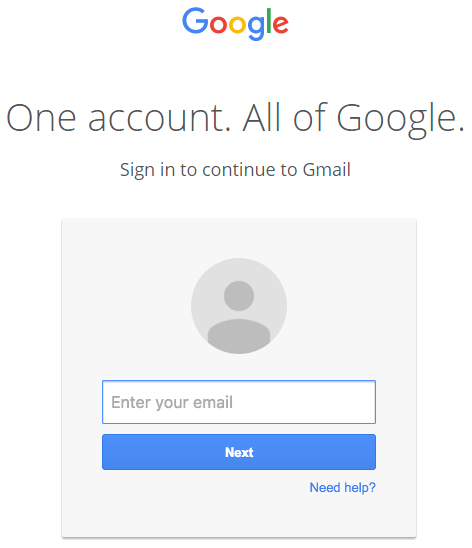The information above was originally published by Huntington Bank.
| Be on the lookout for phishing scams. Every 20 seconds a new phishing site launches§, so awareness of phishing techniques is crucial to keeping your personal information out of the hands of scammers. They will use email, phone calls, and text to try to trick you into giving up your information. Understanding a few things phishing scams have in common will help you avoid sharing your information with the wrong people: |
 They create a sense of urgency to get you to respond. Don’t be pressured into making a decision. Slow down and be suspicious. They create a sense of urgency to get you to respond. Don’t be pressured into making a decision. Slow down and be suspicious. |
 Links or attachments. Avoid clicking links in texts or other messages and examine emails with links very closely before clicking. When in doubt, go directly to the site or app. Links or attachments. Avoid clicking links in texts or other messages and examine emails with links very closely before clicking. When in doubt, go directly to the site or app. |
| Huntington has tools to help avoid scams. Huntington Heads Up® alerts† let you know when something happens on your account to help you catch fraud early, and the ability to lock your card if it is lost or stolen. For more tips on protecting yourself and to learn more about how Huntington helps protect your privacy and keep your information secure, visit huntington.com. Remember: Your bank will never ask you for account numbers or passwords by phone, email, or text. If you receive a suspicious email, call, or text about your Bank account, or think your personal account data has been compromised, contact your bank. |
| †Message and data rates may apply. §Wandera, 2020 Mobile Threat Landscape Report, p9. Huntington Heads Up® is a federally registered service mark of Huntington Bancshares Incorporated |





